To provide the best experiences, we use technologies like cookies to store and/or access device information. Consenting to these technologies will allow us to process data such as browsing behaviour or unique IDs on this site. Not consenting or withdrawing consent, may adversely affect certain features and functions.
The technical storage or access is strictly necessary for the legitimate purpose of enabling the use of a specific service explicitly requested by the subscriber or user, or for the sole purpose of carrying out the transmission of a communication over an electronic communications network.
The technical storage or access is necessary for the legitimate purpose of storing preferences that are not requested by the subscriber or user.
The technical storage or access that is used exclusively for statistical purposes.
The technical storage or access that is used exclusively for anonymous statistical purposes. Without a subpoena, voluntary compliance on the part of your Internet Service Provider, or additional records from a third party, information stored or retrieved for this purpose alone cannot usually be used to identify you.
The technical storage or access is required to create user profiles to send advertising, or to track the user on a website or across several websites for similar marketing purposes.
 According to new research from Tiger Recruitment, UK businesses still aren’t offering workers enough flexibility. While the pandemic has required many to work more flexibly from home, more than a quarter of employees questioned say they still aren’t happy with the flexible working options available to them, and men are just as dissatisfied as women. (more…)
According to new research from Tiger Recruitment, UK businesses still aren’t offering workers enough flexibility. While the pandemic has required many to work more flexibly from home, more than a quarter of employees questioned say they still aren’t happy with the flexible working options available to them, and men are just as dissatisfied as women. (more…)






 A lack of balance through lockdown has been felt most dramatically by Brits living in house shares according to new research released by
A lack of balance through lockdown has been felt most dramatically by Brits living in house shares according to new research released by 
 The location of a potential employer’s workplace is becoming more important to workers – despite a surge in people working remotely, according to outplacement firm
The location of a potential employer’s workplace is becoming more important to workers – despite a surge in people working remotely, according to outplacement firm 
 In a recent
In a recent 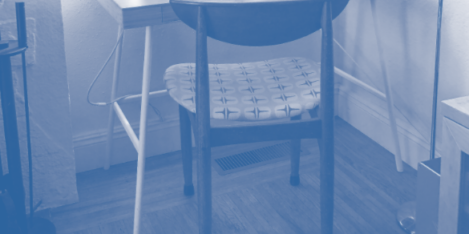
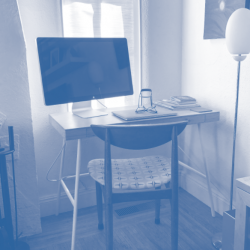 A new study on work-life balance claims that the COVID-19 crisis is a crucial factor – but not the only one – behind low levels of wellbeing among employees working from home. A research team including Professor Ilke Inceoglu, Professor of Organisational Behaviour and HR Management at the
A new study on work-life balance claims that the COVID-19 crisis is a crucial factor – but not the only one – behind low levels of wellbeing among employees working from home. A research team including Professor Ilke Inceoglu, Professor of Organisational Behaviour and HR Management at the 
 Companies are facing complex performance challenges as the COVID-19 resurgence heightens the need to reinvigorate employee engagement.
Companies are facing complex performance challenges as the COVID-19 resurgence heightens the need to reinvigorate employee engagement. 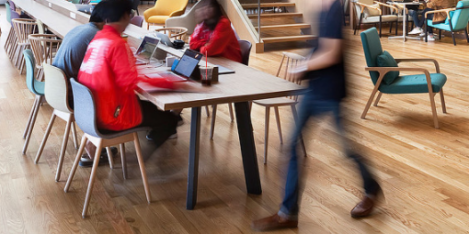
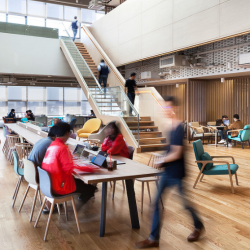 A survey issued by architecture, design, and planning firm
A survey issued by architecture, design, and planning firm 
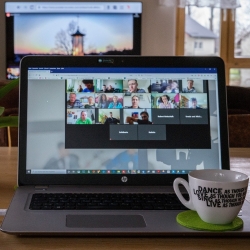 A new survey by
A new survey by 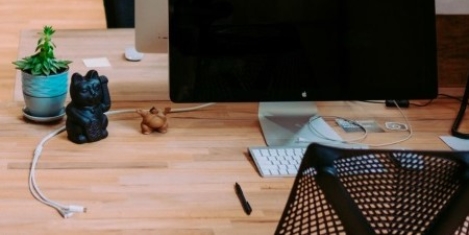
 The pandemic has totally shattered workplace norms, so it’s going to take a while before we see organizations returning to work at full capacity. When it does happen, it will require extensive planning and constantly evolving styles of people management. In addition to the logistics of phasing people back into the office and staggering shifts, you’ll need to work with your team to address their anxieties and make sure they feel comfortable in their environment.
The pandemic has totally shattered workplace norms, so it’s going to take a while before we see organizations returning to work at full capacity. When it does happen, it will require extensive planning and constantly evolving styles of people management. In addition to the logistics of phasing people back into the office and staggering shifts, you’ll need to work with your team to address their anxieties and make sure they feel comfortable in their environment. 


 New research conducted on behalf of
New research conducted on behalf of 







November 19, 2020
Covid-19 is levelling the playing field for disabled workers
by Ruby Gullon • Comment, Flexible working, Wellbeing